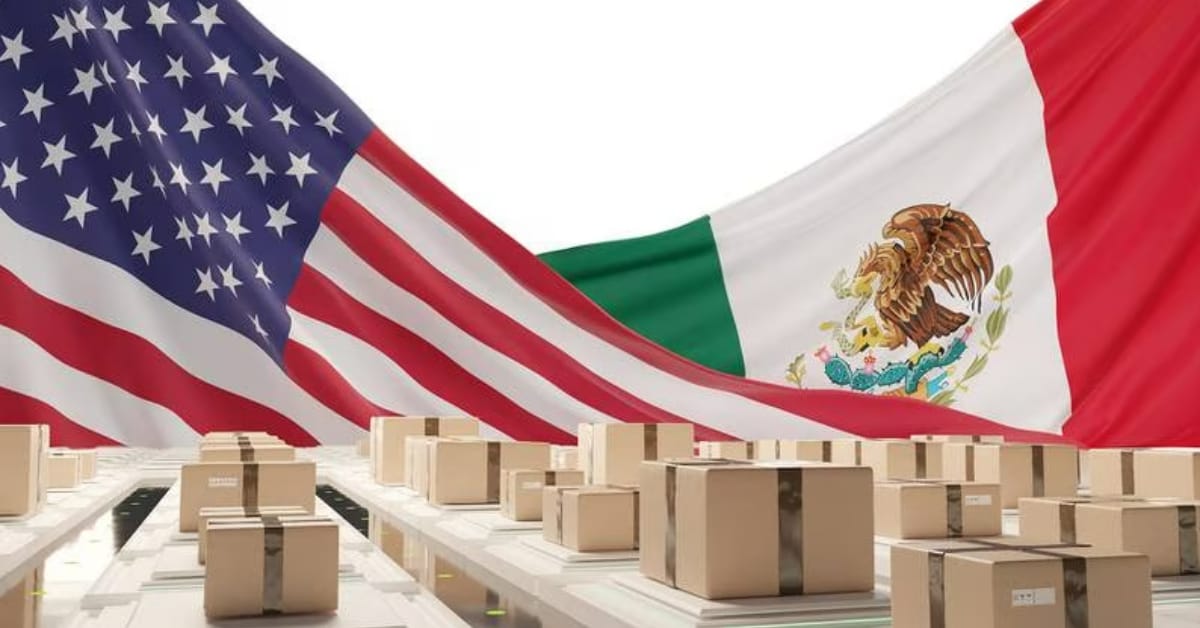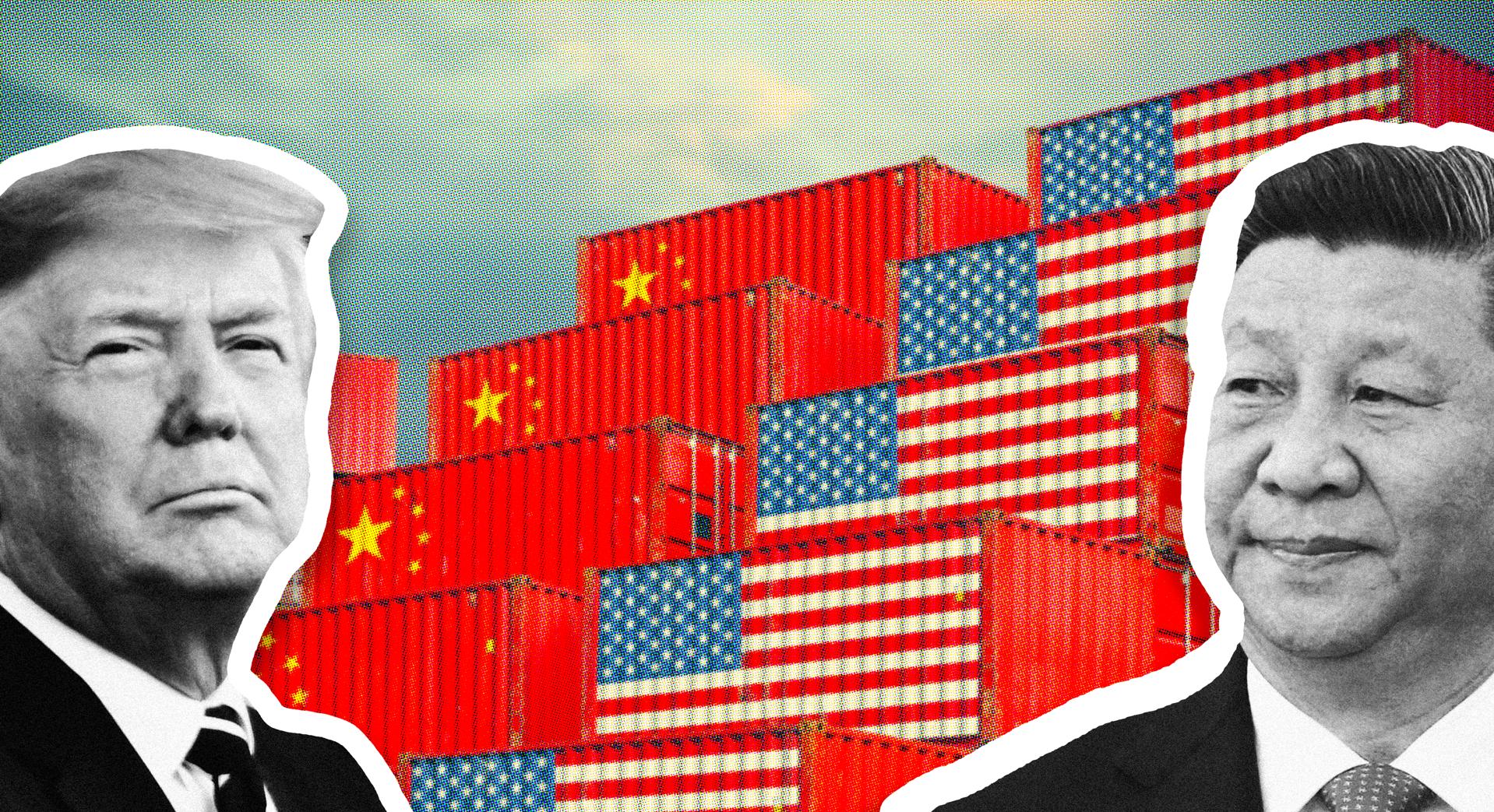German Vice Chancellor and Economic Minister Robert Habek has delivered a scathing rebuke to Elon Musk following the Tesla CEO’s recent proposal for a zero-tariff free trade zone. Habek didn’t mince words, characterizing Musk’s suggestion as revealing a level of “vulnerability and fear” that suggests a fundamental misunderstanding of how international trade actually works.

He went on to sarcastically suggest that Musk should probably have a “chat with his president” – a pointed comment underscoring the idea that such a drastic policy shift requires governmental consensus, not the whims of a billionaire. Frankly, it’s a bit rich coming from someone who seems to think he can rewrite the rules of global economics on a Twitter whim!
Now, let’s break down why Habek’s reaction is so strong and what this zero-tariff talk is all about.
Tariffs are essentially taxes imposed on imported goods. They’re designed to protect domestic industries from foreign competition, but they can also raise prices for consumers.
A zero-tariff zone, theoretically, removes those barriers. This could boost trade, lower costs, and stimulate economic growth. Sounds idyllic, right?
The problem is, it’s incredibly complex. It requires a lot of negotiation and agreement between countries and involves a huge shift in economic strategies.
Musk’s proposal likely stems from concerns about the competitiveness of Tesla’s products in certain markets, coupled with a bit of his characteristic disruptive thinking. But it’s a simplistic solution to a deeply complex problem. He can tweet all he wants, but trade policy is a government game.





